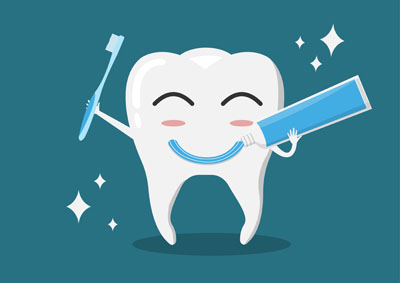What to Ask Before Getting Dermal Fillers From a Dentist

Many people are surprised to learn that they can receive dermal fillers from their dentists, but it is true! Dentists are able to provide many more cosmetic procedures than most people realize, but of course they can! They are specialists in all things related to the mouth and often, the facial area.
Dermal fillers are becoming a popular cosmetic choice for people seeking to enhance or improve the aesthetic of their faces. However, it may still be unknown territory for some. Thankfully, this article discusses a few things that you should ask before getting dermal fillers from a dentist.
What to ask before getting dermal fillers from a dentist
These important questions can help you prepare for your upcoming appointment. Find out more below!
1. Are dermal fillers safe?
Dermal fillers have been tested to be safe, but there are various risks that everyone should be aware of. Just because they are safe does not mean that every single person will react the same way.
2. What are the risks associated with dermal fillers?
A person faces a few risks when receiving dermal fillers. These include bruising, pain, swelling and itching of the facial area. Most of these side effects have been said to be normal, but it is still important to be aware of them.
3. How long do the effects last?
Each person is different, but depending on the type of dermal filler, the effects should last six to 12 months. However, there is a more advanced dermal filler that may last up to five years.
4. Will dermal fillers affect my teeth?
Dentists like to be cautious about dermal fillers. If dental work is needed near an area where a dermal filler was placed, the area may be at risk. The dental work could cause that area to get infected. It is best to have any necessary dental work done prior to the filler procedure.
5. Are there special aftercare instructions?
It is best to avoid excessive touching of the area that was injected with a dermal filler. Hot compresses can be used to bring down swelling. Avoid blood thinners, and expect there to be swelling and bruising.
The swelling and bruising should go down within a few days, but if it does not, it is best to consult with the dentist or medical professional. It is also important to note that blood thinners should be avoided at all costs, as these pose a great risk to the entire body after dermal fillers are injected.
Contact us today
If you want to know more questions to ask a dentist, then reach out to our office. We can help provide further information so you are well prepared for your dermal filler appointment. This article can help you prepare for this procedure. Give us a call or stop by our office today. Feel free to ask any questions about dermal fillers or any other dental procedure.
Are you considering dermal fillers in the Stuart area? Get more dermal fillers information at https://drdelucia.com.
Check out what others are saying about our services on Yelp: Read our Yelp reviews.
Related Posts
Dental implants provide a durable and long-lasting solution for missing teeth, but like natural teeth, they can be damaged under certain circumstances. Trauma, excessive pressure, or complications with the surrounding structures may compromise the integrity of an implant. Understanding what to do in the event of damage can help prevent further issues and protect oral…
Teeth whitening appeals to everyone with a dull smile, including those with sensitive teeth. While it remains a viable stain-lifting option, sensitivity-prone patients should approach treatment with caution to avoid irritation while still improving smile brightness. Custom take-home trays from a general dentist help control dosage and fit, reducing many common triggers of sensitivity.The teeth…
Dental implants can be an effective and aesthetically pleasing long-term solution for missing teeth. However, misconceptions about implants can make some hesitant to consider them. In order to help patients make an informed decision, it helps to dispel some common myths about dental implants.One of the biggest concerns people have about dental implants is pain.…
Dental implants restore smiles while improving oral health and confidence. Unlike other options, they feel and function like natural teeth. They provide long-term benefits that make eating, speaking, and smiling easier. Their ability to restore all aspects of the smile makes them a leading tooth replacement option.Dental implants can replace one, several, or all of…
